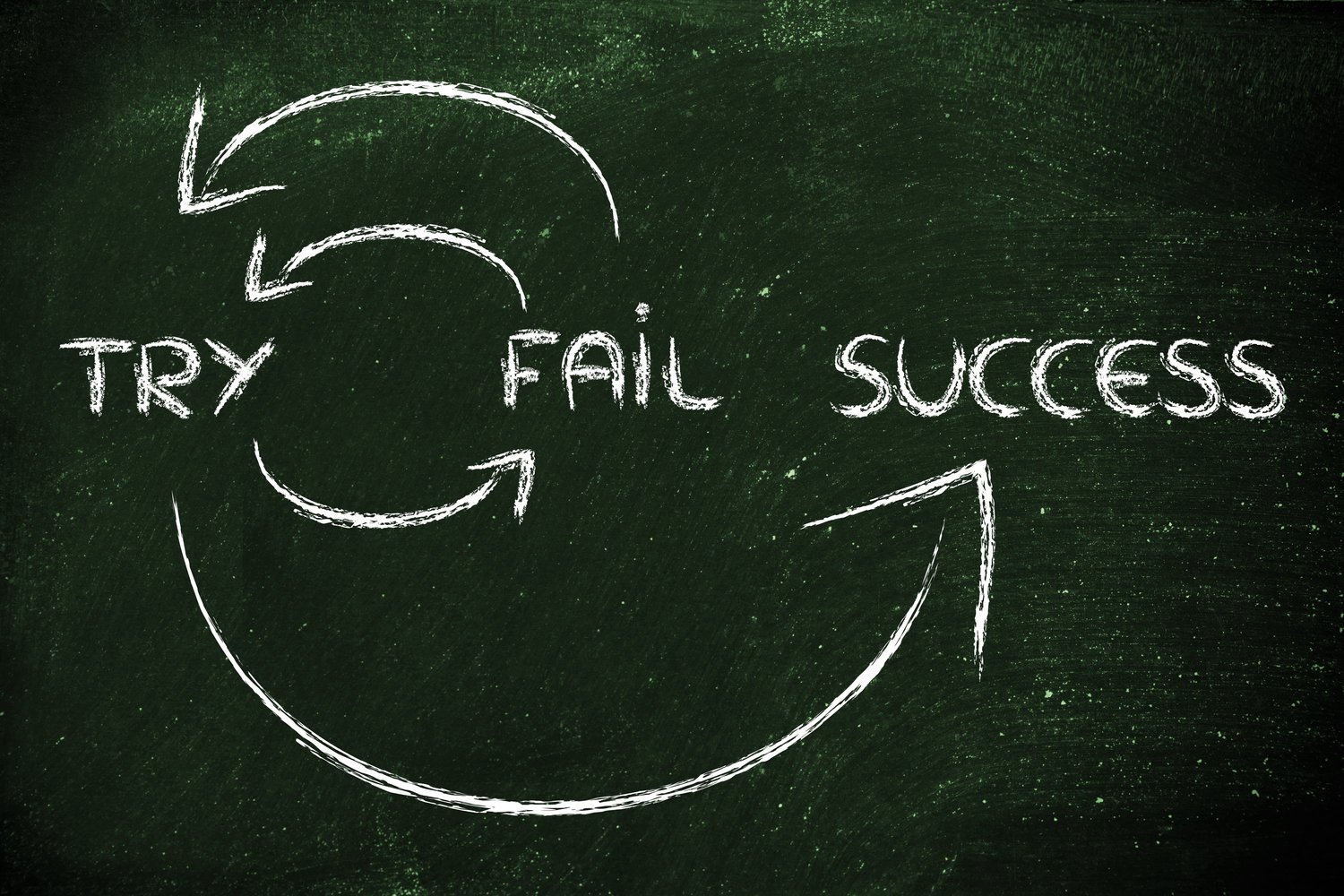Are you struggling to break free from bad habits that hold you back? Whether it’s procrastination, smoking, or excessive screen time, to overcome bad habits can feel daunting. However, with the right strategies, you can transform your life and achieve lasting change. In this blog post, you’ll discover proven methods to identify triggers, set clear goals, and replace bad habits with positive ones. By the end, you’ll be equipped with the tools and knowledge to conquer your bad habits and build a healthier, more productive lifestyle.
Understanding the Nature of Habits

Before you can break a bad habit, it’s essential to understand how habits form. Habits are behaviors that become automatic through repetition and are often triggered by specific cues. Understanding this cycle can help you identify and address the root cause of your bad habits.
Identify Your Triggers

The first step in breaking a bad habit is to identify what triggers it. Triggers can be emotional, environmental, or situational. For example, stress might trigger smoking, or boredom might lead to excessive snacking. By pinpointing your triggers, you can develop strategies to avoid or manage them effectively.
Set Clear and Achievable Goals
Setting clear and achievable goals is crucial for breaking bad habits. Instead of vague resolutions, create specific, measurable, and time-bound goals. For example, if you want to stop procrastinating, set a goal to complete a task within a specific timeframe each day. Breaking larger goals into smaller, manageable steps can also make the process less overwhelming.
Replace Bad Habits with Good Ones

One effective way to break a bad habit is to replace it with a healthier alternative. This method, known as habit substitution, involves finding a positive behavior to take the place of the negative one. For instance, if you want to quit smoking, you might replace it with chewing gum or taking a walk whenever you feel the urge to smoke. The key is to ensure the new habit fulfills the same need as the old one.
Create a Support System
Having a support system can significantly enhance your chances of success. Share your goals with friends, family, or colleagues who can offer encouragement and hold you accountable. Joining a support group or finding a mentor can also provide valuable guidance and motivation. Knowing that others are rooting for you can make the journey to breaking bad habits less lonely and more manageable.
Practice Self-Compassion and Patience

Breaking bad habits is a process that takes time and effort. It’s essential to practice self-compassion and patience throughout this journey. Understand that setbacks are normal and part of the learning process. Instead of being overly critical of yourself, acknowledge your progress and keep moving forward. Celebrating small victories can boost your morale and reinforce your commitment to change.
Use Mindfulness and Stress-Reduction Techniques
Mindfulness and stress-reduction techniques can help you manage the triggers and emotions associated with bad habits. Practices such as meditation, deep breathing, and yoga can increase your awareness of your thoughts and behaviors, making it easier to resist the urge to engage in bad habits. Additionally, these techniques can reduce stress, which is often a significant trigger for many bad habits.
Conclusion
Breaking bad habits is a challenging but achievable goal. By understanding the nature of habits, identifying your triggers, setting clear goals, replacing bad habits with good ones, creating a support system, practicing self-compassion, and using mindfulness techniques, you can overcome negative behaviors and build a healthier, more productive life.






You are a very capable person!